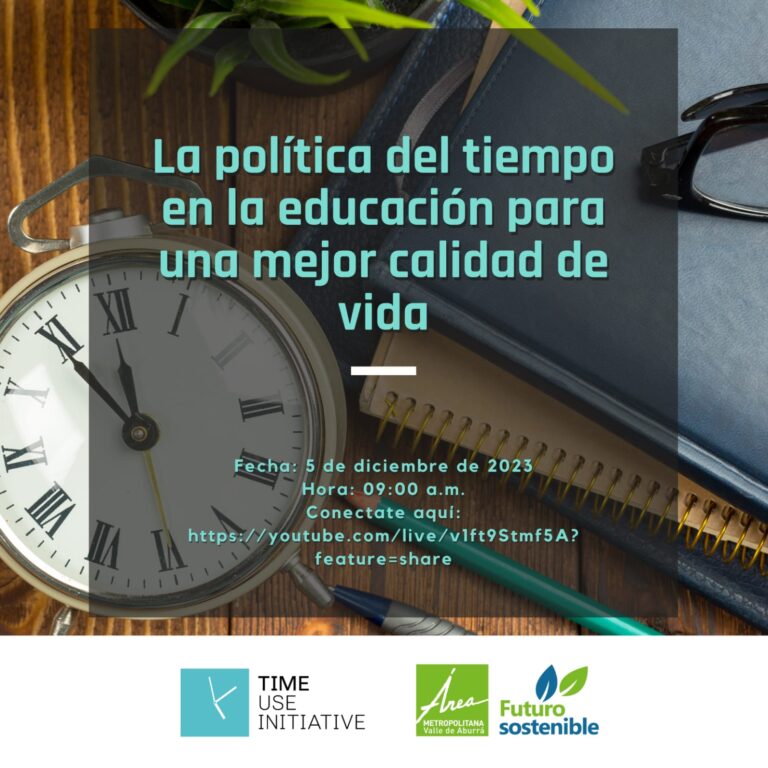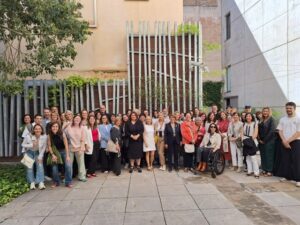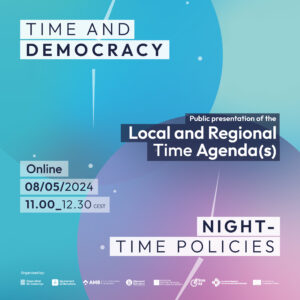- The event focused on the implementation of time policies in education to improve school schedules and educational conditions, emphasizing specific cases of full-time education and incorporating the needs and demands of the entire educational community.
- The technical session involved around thirty representatives from the ten municipalities comprising the Colombian metropolitan area. It included the participation of council members and other public personnel from the fields of education and culture.
On Tuesday, December 5th, a technical working session was held to explore both the metropolitan governance of time policies and their specific application in the fields of education and culture. The session, co-organized between the Metropolitan Area of the Aburrá Valley (AMVA) and the Time Use Initiative (TUI), marked the first occasion where metropolitan time policies were presented as an institutional commitment by a Latin American organisation.
This session is a follow-up to AMVA’s specific application of the right to time. Having joined the Local and Regional Governments Time Network and signed the Barcelona Declaration for Time Policies, the metropolitan institution aims to incorporate the time factor into the design of its public policies. Specifically, it believes that the new Metropolitan Education Plan could benefit from further developing the right to time as a policy. In the words of Víctor Hugo Mejía Munera, leader of AMVA’s Education and Culture Program, “time must be a treasure cared for by all sectors as a civic social right. At AMVA, we have taken the first step, but it needs to be implemented.”
The session was divided into two parts. At the beginning, AMVA explained its commitment towards the right to time and time policies, and Ariadna Güell, co-coordinator of TUI, presented the general framework for time organisation with practical examples of how to imply it to the local level. Then, a specific example of metropolitan governance of time policies was presented by Lía Barrese, from the technical secretariat of Barcelona Metropolitan Area’s Metropolitan Agreement for the Right to Time.
In the second part, focused on time policies and education, Elena Sintes, expert in educational time use from Bofill Foundation, provided the conceptual framework regarding time organisation in schools based on full-time educational perspectives. In a practical context, Valentí Santos, from Martorell City Council, shared best practices and experiences from the educational strategy they have implemented in the municipality through an extracurricular services charter.
The audience’s interest in the presented concepts and proposals was made clear in the questions that extended for over half an hour, confirming the potential of time policies to innovate in education in the Aburrá Valley. During the session, it was evident how metropolitan time policies are necessary to build joint services that respond to the comprehensive care needs of citizens, including children.
Ariadna Güell, co-coordinator of TUI, assessed that “time policies are an indispensable tool to address global issues such as time poverty, which affects over 30% of the population in Latin America, primarily impacting women and many families. Making the right to time a reality is an innovative approach to solving specific problems in the region.”








